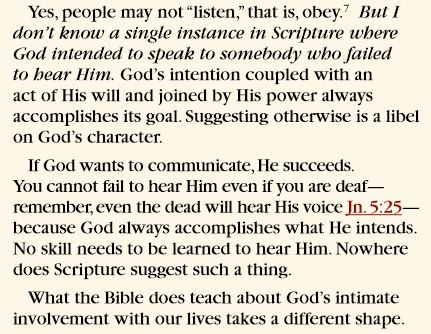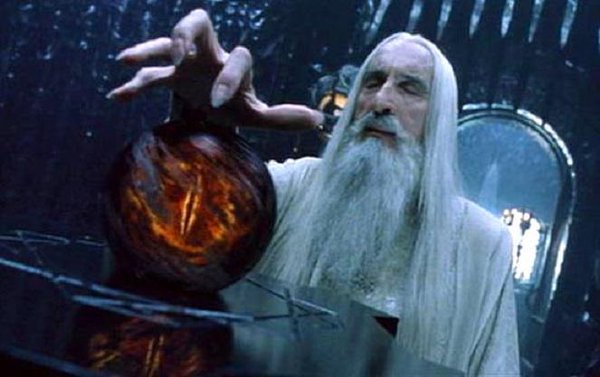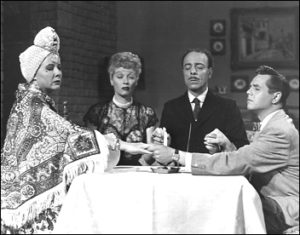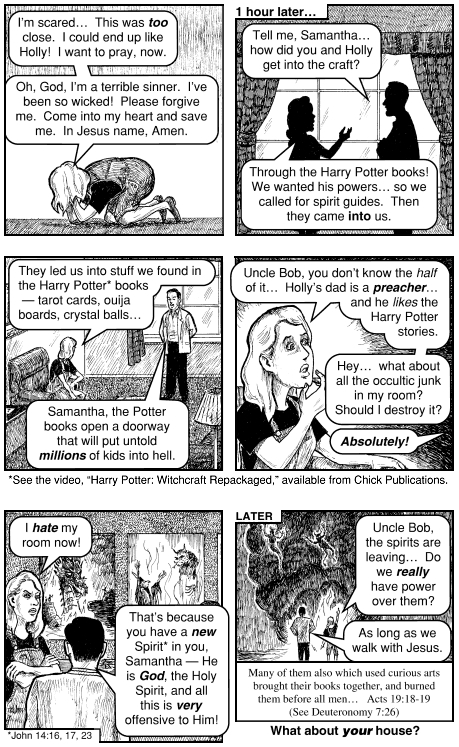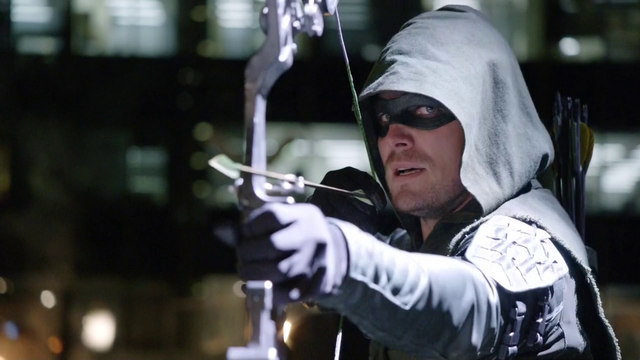Courage, Dear Heart
Weâre all afraid of something. It may be something big, or it might be something small. Often, itâs both.
Our fears come in all shapes and sizes.
- Fear of failure
- Fear of criticism
- Fear of heights
- Fear of bats
- Fear of the dark
One of my greatest fears is speaking in public. Take my books, stop airing Doctor Who, just donât make me present a speech to people. Enter the irony. Iâm pursuing a Communications degree. Alas, to my chagrinâand the questioning of my sanityâit requires a Public Speaking course.
*cue the creepy, haunted house music*
I dutifully started two weeks ago and said public speaking things (nassstty thingses, preciousss) is proving my fear to be accurate. I pretty much loathe it, but thatâs not the point.
Thatâs the thing about fear. It incites a strong reaction. Either you can wither under the feeling like a rose in the Sahara, or you can press forward, daunted but undeterredâlike Frodo and Sam on their way to Mount Doom.
Whatâs the opposite of fear?
Courage.
I Googled the definition of courage and found this (which gets at the heart of the point Iâm trying to make more than the definition I found on marriam-webster.com):
- The ability to do something that frightens one.
- Strength in the face of pain or grief.
Fear and Courage in Stories
Getting back to Frodo and Sam, one of the beautiful things about stories is the presence of fear. But more than that, the presence of courage in the face of fear. Those are the stories we remember, the ones we laugh at and cry over, and that live in our memories. Those are the stories that stir a sense of wonder and inspiration deep within our souls.
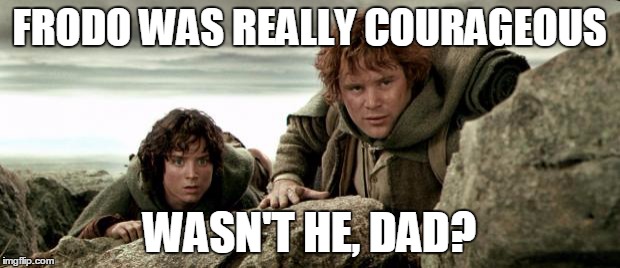 After all, in any good tale, we canât help but become attached to and invested in the lives of the characters. Itâs part of what makes a story work. The characters step off the page and transform into living, breathing people.
After all, in any good tale, we canât help but become attached to and invested in the lives of the characters. Itâs part of what makes a story work. The characters step off the page and transform into living, breathing people.
The fears they face, the trials that assail them, become every bit as real as the fears and trials we deal with on a regular basis.
Fantasy, in particular, presents this contrast of courage in the face of fear. A few examples:
- Frodo undertaking the quest to destroy the ring
- Peter and Edmund leading the Narnians against the White Witch
- Harry facing Voldemort
What makes these moments stab into our hearts? We see the characters go toe-to-toe against the nightmares, the things in life they most dreadâŠand ultimately conquer.
Speaking for myself, that always encouraged me. If Sam and Frodo can trek across Mordor, surely I can take on this horrible test I despise.
We find this realization at the intersection of story and reality, and suddenly weâre not alone. Weâve seen the fire-breathing dragon named Fear rear its ugly head, and weâve seen it come crashing down, neck severed by the honed blade of Courage.
Take Heart, Be Courageous

Image from narnia.wikia.com
At the end of the day, these truths and the stories expressing them point back to their source, found in the greatest story of all, where the greatest Truth shines forth like a beacon into a fearful world.
As Romans 8:31 (ESV) says, âIf God is for us, who can be against us?â
Fantastical stories reflect this truth in moving, memorable ways.
One of the most reassuring examples is found in The Voyage of the Dawn Treader. Theyâve sailed far toward the east, encountering dangers and facing the unknown. One such confrontation is the Dark Island, where nightmares come alive.
During this terrifying process, an albatross appears and we find this quiet reassurance (emphasis mine):
But no one except Lucy knew that as it circled the mast it had whispered to her, âCourage, dear heart,â and the voice, she felt sure, was Aslan’s, and with the voice a delicious smell breathed in her face.
A small yet profound comfort.
Courage. Itâs not the absence of fear, itâs action despite that fear.
Time and again, this plays out in stories. Characters face their fears and accomplish amazing things. Sometimes that amazing thing is simply surviving. Or resisting temptation. Or pushing through when they want to give up.
Acts of courage can be as large as an army or as small as a hobbit. Ultimately, size isnât important. The point these stories make, and that we should remember, is that we can stand up to our fears and watch them crumble.
Those public speaking woes can be overcome.
That fear of failure can be turned around, used as an opportunity to learn and grow.
Why? Because we have the ultimate Conqueror on our side.
Whatever fear or trial youâre facing this week, remember two hobbits trekking to Mordor. Remember that with fear comes the chance to be courageous.
And most of all, remember that soft voice whispering, âCourage, dear heart.â
What stories of courage have inspired you?


































 By now most people who visit a site such as Spec Faith realize that Star Trek turned 50 this year. There have been a number of commemoratives as a result, including an actual coin minted for the occasion. As cool as it would be to own such a thing, I think it’s far cooler that an obscure free-TV station is airing all five of the Star Trek franchise shows, from season 1, episode 1 of each up through their final program.
By now most people who visit a site such as Spec Faith realize that Star Trek turned 50 this year. There have been a number of commemoratives as a result, including an actual coin minted for the occasion. As cool as it would be to own such a thing, I think it’s far cooler that an obscure free-TV station is airing all five of the Star Trek franchise shows, from season 1, episode 1 of each up through their final program.  Deep Space Nine is perhaps the most anti-Christian of all the programs.
Deep Space Nine is perhaps the most anti-Christian of all the programs.  I think the closest thing to a true depiction of humankind’s sin nature is unintentionally shown by the Trill, a race of people who desire above all else to be joined to a symbiont. These slug-like creatures—which are apparently a race unto themselves, but are completely dependent upon the Trill from conception—can live on indefinitely by taking on a new Trill host whenever their present host dies.
I think the closest thing to a true depiction of humankind’s sin nature is unintentionally shown by the Trill, a race of people who desire above all else to be joined to a symbiont. These slug-like creatures—which are apparently a race unto themselves, but are completely dependent upon the Trill from conception—can live on indefinitely by taking on a new Trill host whenever their present host dies.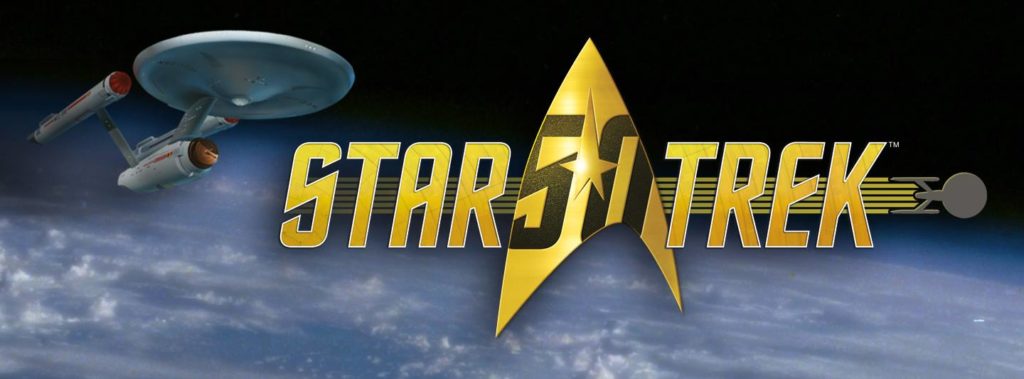
 This makes me wonder of Star Trek fans: which films and shows are your favorites?
This makes me wonder of Star Trek fans: which films and shows are your favorites?
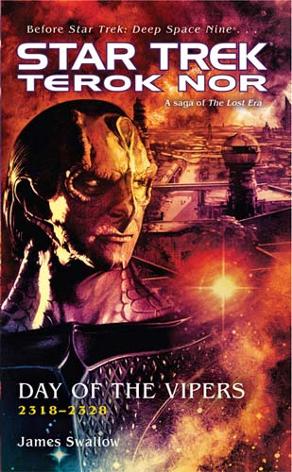
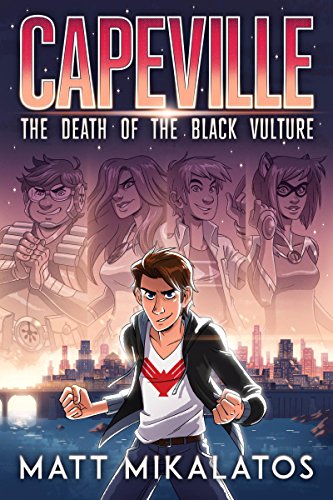

 A dog slid out of a shadowy alley and onto the side- walk. Its grey and white fur gave it the unmistakable look of a husky, but its hair was ratted and a deep, hairless scar ran over its forehead and slashed across its snout. When John looked at the dog, it stopped moving and turned its head away. John stopped pedaling and watched it more carefully. Every time he looked away, the dog moved closer. Johnâs neck hairs stood on end. Was it… hunting him?
A dog slid out of a shadowy alley and onto the side- walk. Its grey and white fur gave it the unmistakable look of a husky, but its hair was ratted and a deep, hairless scar ran over its forehead and slashed across its snout. When John looked at the dog, it stopped moving and turned its head away. John stopped pedaling and watched it more carefully. Every time he looked away, the dog moved closer. Johnâs neck hairs stood on end. Was it… hunting him? A chain link fence blocked the end of the alley, a Dumpster pushed against the building next to it. He pedaled up fast, skidded to a stop and jumped on top of the Dumpster. He grabbed his bike and, with a grunt of effort, slung it over the fence. The dog didnât break pace, but ran and leapt on top of the Dumpster. John swung his backpack and caught the dog in the chest, sending it flying into the far wall.
A chain link fence blocked the end of the alley, a Dumpster pushed against the building next to it. He pedaled up fast, skidded to a stop and jumped on top of the Dumpster. He grabbed his bike and, with a grunt of effort, slung it over the fence. The dog didnât break pace, but ran and leapt on top of the Dumpster. John swung his backpack and caught the dog in the chest, sending it flying into the far wall.
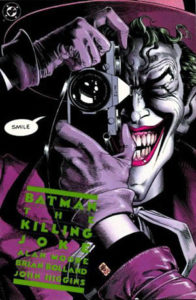 comic deity Alan Moore, the guy who also wrote Watchmen, considered by many to be the greatest superhero comic series and graphic novel ever written. B:TKJ is more grim and nihilistic than Watchmen but there is a cynical undertone in both works (and in Moore’s other creations as well).
comic deity Alan Moore, the guy who also wrote Watchmen, considered by many to be the greatest superhero comic series and graphic novel ever written. B:TKJ is more grim and nihilistic than Watchmen but there is a cynical undertone in both works (and in Moore’s other creations as well).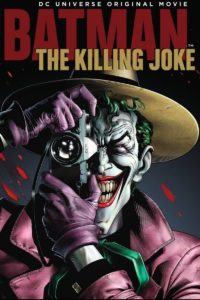 eral years since I read B:TKJ and the movie brought back many haunting memories, but one thing that was consistent throughout both the book and the movie was the Joker’s eagerness to be insane (the movie even has a jangly show tune about this very topic). The cause of his insanity is a bit rushed and not entirely convincing, but one gets the impression that he wouldn’t want to go back to “normal” life even if he could. He’s not battling inner demons the way Batman does; he welcomes them in for a cup of tea. His sociopathic lack of empathy is one of his most disturbing character traits, and it manifests on his victims and his accomplices (news flash for any Hot Topic tweens that might read this: Harley Quinn is not a cherished girlfriend).
eral years since I read B:TKJ and the movie brought back many haunting memories, but one thing that was consistent throughout both the book and the movie was the Joker’s eagerness to be insane (the movie even has a jangly show tune about this very topic). The cause of his insanity is a bit rushed and not entirely convincing, but one gets the impression that he wouldn’t want to go back to “normal” life even if he could. He’s not battling inner demons the way Batman does; he welcomes them in for a cup of tea. His sociopathic lack of empathy is one of his most disturbing character traits, and it manifests on his victims and his accomplices (news flash for any Hot Topic tweens that might read this: Harley Quinn is not a cherished girlfriend).
 Ask ten different people, and youâll probably end up with a handful of different answers. Every bookworm and movie junkie is well-acquainted with that small word: hero. But down in the dust, dirt, and toil of Storyville, what does this mean?
Ask ten different people, and youâll probably end up with a handful of different answers. Every bookworm and movie junkie is well-acquainted with that small word: hero. But down in the dust, dirt, and toil of Storyville, what does this mean?
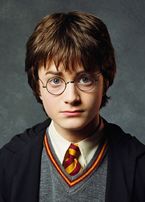

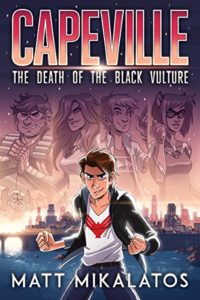 Psycho mass murderers can wreck your summer so fast.
Psycho mass murderers can wreck your summer so fast.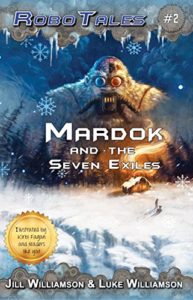 Riv Mardok is the bravest cadet in the Space Force Military Training Academy on planet Dabon. âProtect the helplessâ is his motto. When he kills a cyborg gragon, General Gruss sends him on a special mission to destroy the infamous Ice Beast. When Mardok gets lost on his quest, he meets a robot dog that helps him find his way.
Riv Mardok is the bravest cadet in the Space Force Military Training Academy on planet Dabon. âProtect the helplessâ is his motto. When he kills a cyborg gragon, General Gruss sends him on a special mission to destroy the infamous Ice Beast. When Mardok gets lost on his quest, he meets a robot dog that helps him find his way.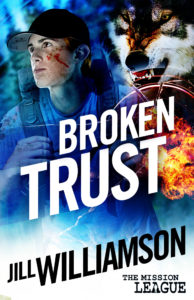 I’m excited about these book for middle grade readers. I often have friends ask me for speculative book recommendations, and perhaps the most requested is for middle grade boys. The thing is, these are all very fun and enjoyable for readers at any level.
I’m excited about these book for middle grade readers. I often have friends ask me for speculative book recommendations, and perhaps the most requested is for middle grade boys. The thing is, these are all very fun and enjoyable for readers at any level.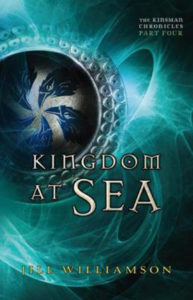 One more announcement Jill released: book two of her current series with Bethany, The Kinsman Chronicles, is due to release in March 2017. But as with book one, her publisher is making the story available as e-novellas first.
One more announcement Jill released: book two of her current series with Bethany, The Kinsman Chronicles, is due to release in March 2017. But as with book one, her publisher is making the story available as e-novellas first. 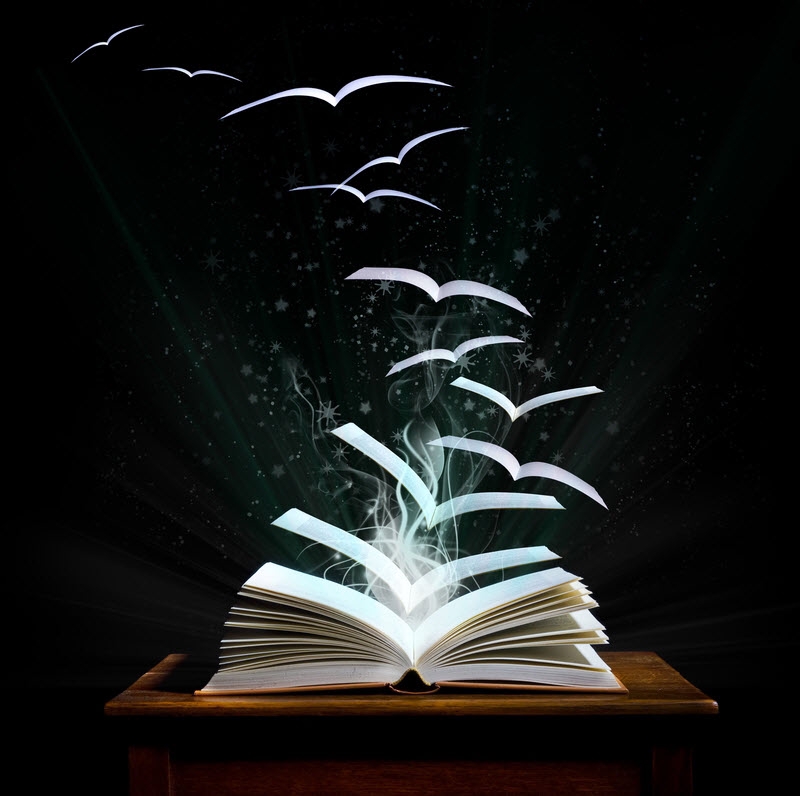
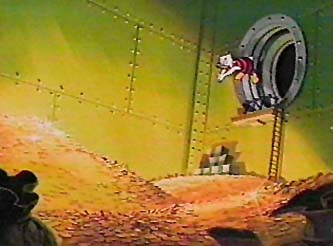 In
In  I started to discuss Christian âprotective circlesâ around certain people or environments, as if we can use special actions or methods to keep out the evil.
I started to discuss Christian âprotective circlesâ around certain people or environments, as if we can use special actions or methods to keep out the evil. 